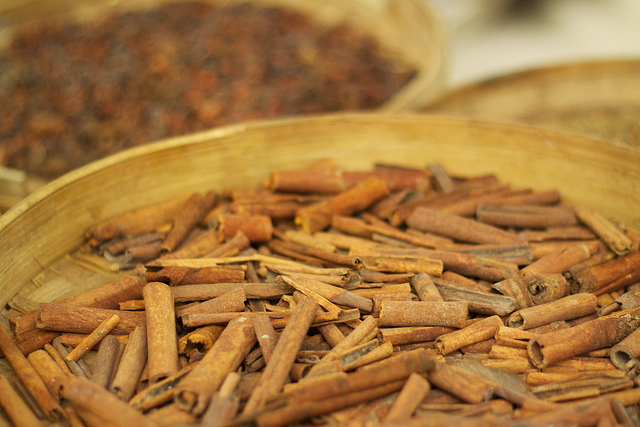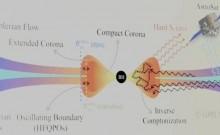
Cinnamon can help fight Parkinson's disease (PD), a new study says.
Kalipada Pahan and colleagues from Rush University Medical Center in US fed ground cinnamon to mice and found that the food spice reversed certain biomechanical, cellular and anatomical changes in the brain associated with the neurological disease and further slowed down its progression.
"Cinnamon has been used widely as a spice throughout the world for centuries," lead researcher of the study Dr Pahan, said in a news release. "This could potentially be one of the safest approaches to halt disease progression in Parkinson's patients."
Parkinson's disease is a nervous system disorder that leads to degeneration of nerve cells in the mid brain area called substantia nigra, affecting the production of dopamine. Dopamine is an important chemical neurotransmitter that performs several important functions in the body, including movement and balance. According to health experts from NHS Choices, dopamine deficiency is the main factor that leads to the condition. Some of the symptoms of the disease include muscle stiffness, tremor, difficulty in walking, problems to speak and write.
The condition has also been linked to reduced levels of important proteins Parkin and DJ-1. In the study, intake of cinnamon prevented loss of Parkin and DJ-1; protected the neurons; normalized the neurotransmitter levels and boosted motor functions in the rodents affected with Parkinson's.
Researchers expected that their findings will help develop better treatments for the neurodegenerative disease.
"Now we need to translate this finding to the clinic and test ground cinnamon in patients with PD. If these results are replicated in PD patients, it would be a remarkable advance in the treatment of this devastating neurodegenerative disease," Dr. Pahan, explained.
The study has been reported in the Journal of Neuroimmune Pharmacology.
Though the actual cause of the diseases is yet to be known fully, according to health experts in Mayo Clinic in US, the factors that increase the risk of the condition include ageing, family history, gender (male) and exposure to certain toxins. The disease can lead to cognitive problems, depression, constipation, bladder, swallowing and sleep problems.
Early this month, a study conducted by researchers at the University of Iowa, found that brisk walking improved motor function and cognitive abilities in people diagnosed with Parkinson's disease.
Following are some tips that help improve symptoms associated with Parkinson's disease:
- Follow a healthy lifestyle with a healthy balanced diet
- Spare some time for exercising









